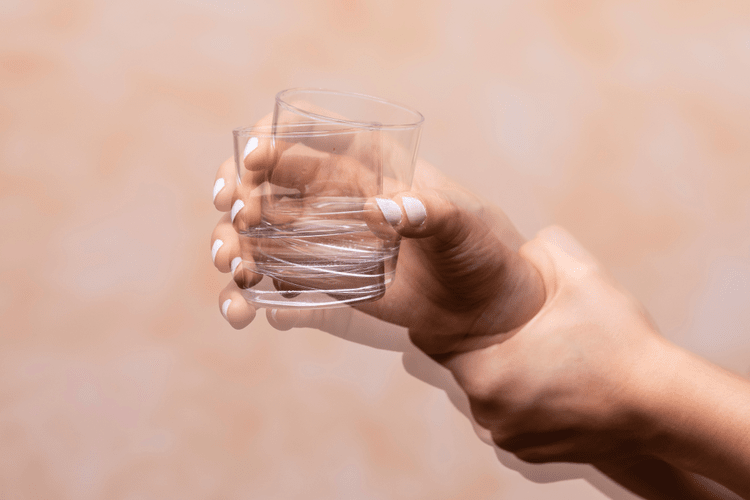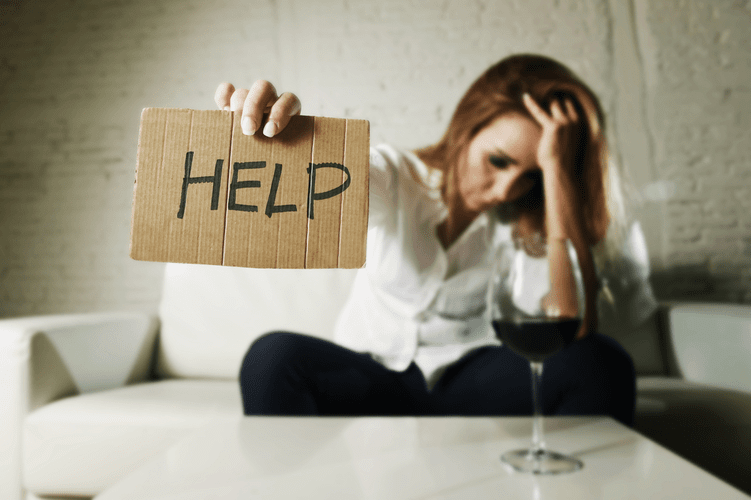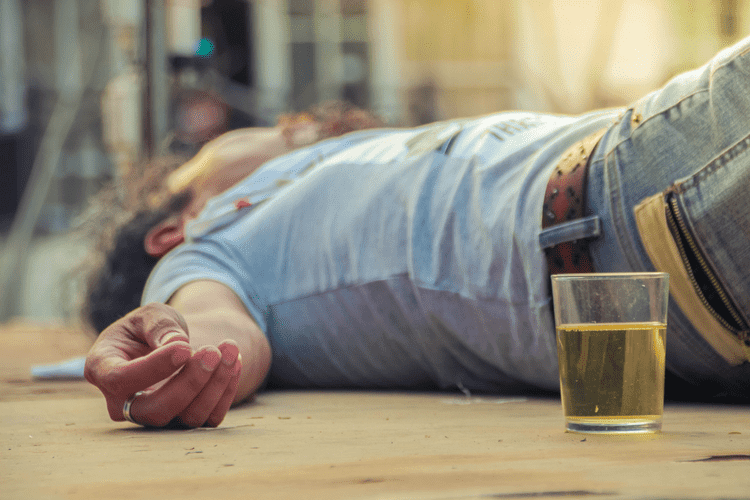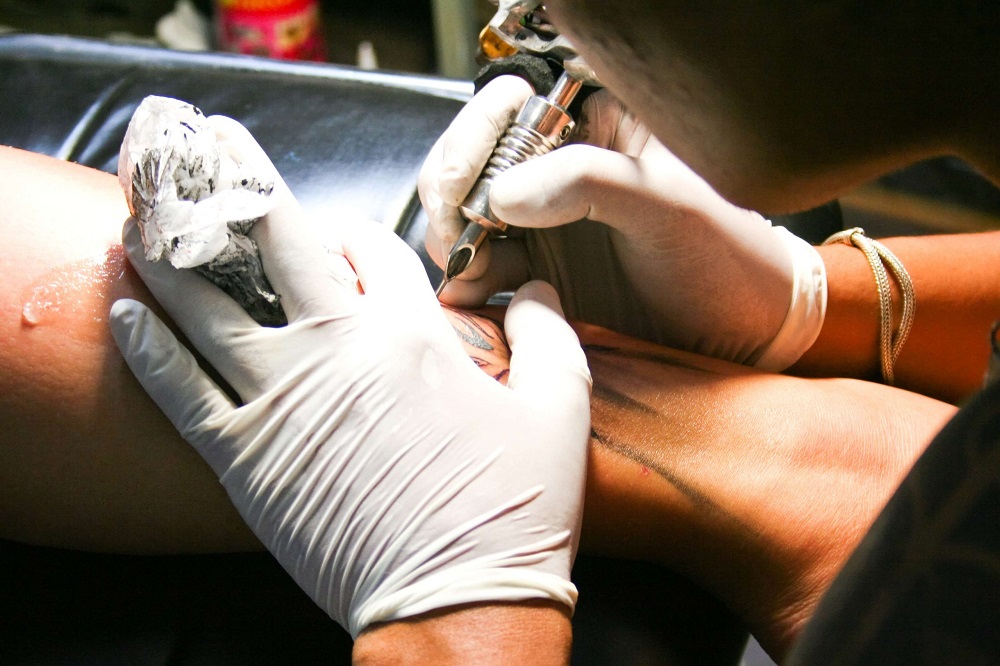Consulting a sleep specialist, exploring therapy options, and considering medication as a last resort are three avenues to consider. Caffeine, a stimulant found in coffee, tea, and some soft drinks, can interfere with your ability to fall asleep. It’s advisable to limit your caffeine intake, especially in the afternoon and evening.
About Medical News Today
For the study, researchers collected in-lab polysomnography results of thirty adult participants who drank either a mixer only or a mixer with alcohol. Researchers and participants targeted a breath alcohol concentration (BrAC) of 0.08 mg/L, and drinking ended one hour before lights out. So, what do you do if you need to ensure a good night’s sleep after one too many beverages? Here are some simple tips to mitigate alcohol’s effect on sleep. “While alcohol makes you fall into a deeper sleep in the first few hours of your slumber, it also interferes with REM sleep,” says Macdonald. When you drink alcohol, it goes through the same process as any other food or drinks you consume.
Circadian Rhythm

Next, you need to begin to break the link between alcohol and sleeping. The best way to do this is to leave longer and longer amounts of time between having a drink and bedtime. Insomnia is defined as regular trouble falling asleep and/or waking up throughout the night. It is sometimes caused by https://knitgid.ru/sem-travm-docheri-emocionalno-otstranennoi-materi-borba-s-posledstviyami/ disruption to your body clock, or circadian rhythm. Alcohol affects your circadian rhythm making it more likely to worsen your insomnia, rather than improving your sleep. Cues such as light also influence the circadian rhythm, which helps the brain and body judge when it is nighttime.
What Is “Revenge Bedtime Procrastination”?
- If you’re struggling to sleep, there are a variety of issues that may be at play.
- They have backlit screens, which make them ideal for reading before bed in a dark room.
- By altering poor sleep behaviors and replacing them with healthier ones, people can improve sleep over time.
- Engage in calming activities such as taking a warm bath, reading a book, or listening to soft music.
- The impact of drinking on insomnia may beparticularly acute in older adults.
Being too hot or too cold can have a significant impact on a person’s ability to sleep. It is best to allow the body enough time to digest a meal before lying down. The idea that using a mobile device, especially before bed, might be detrimental to sleep is not new. One 2017 meta-analysis found 29 studies that concluded that exercising may be able to improve the quality or the duration of sleep. The desire for alcohol is frequently the result of boredom, therefore if the mind is engaged in something else, you’re less likely to reach for that bottle.
- The Sleepopolis team is a group of sleep enthusiasts that will bring you the latest reviews, news, and analysis on all things sleep.
- It should not be used in place of the advice of your physician or other qualified healthcare provider.
- This can lead to fragmented sleep, frequent awakenings, and a decrease in overall sleep quality.
- For more tips on dealing with insomnia-related issues read our blog LINK.
- The brain then moves on to the next stage of light sleep, but there is an increase in brave wave frequency, followed by a further slowing down.
- But if you’re someone who struggles to drift off, you’re not alone.
Melatonin

It’s a common belief that an alcoholic drink in the evening can relax the mind and body, making it easier to fall asleep. Sometimes, when people quit drinking, they’ll feel depressed or just sad and down, so you can learn more about depression after quitting drinking. If you’re feeling bad, reach out to someone you can trust or a local resource, http://chudinov.ru/revolution-in-philosophy/ because there are addictions counselors who see this type of thing everyday who can help you work through things.

Calories saved from alcohol can also contribute to weight loss and better cardiovascular health. Furthermore, breaking free from alcohol dependency can also improve the skin, as alcohol causes dehydration leading to premature skin aging. The precise timeline for insomnia post alcohol detox can be elusive as it varies from individual to individual based on a multitude of factors, as mentioned earlier. However, it is crucial to have a rough timeline in mind to get an idea of what to expect. Find a brighter tomorrow by starting with our compassionate team of medical professionals and recovery specialists today.
- Severe alcohol withdrawal can be deadly, so heavy alcohol users should not attempt to wean off alcohol without the help of a professional medical detox facility.
- Instead of pouring yourself a drink, treat yourself to a self-care night and a great night of sleep.
- Stayingphysically activeduring the day can help you fall asleep at night, as well as promote overall health.
- As we bid goodbye to alcohol, our bodies fight to restore equilibrium.
- Doctors advise that 14 units of alcohol is the maximum you should drink per week.
- Therapy can be a valuable tool in addressing the root causes of your sleep difficulties and finding healthier alternatives to alcohol for sleep.

One study shows that this is the reasonabout 10%of people drink alcohol. Because alcohol can have a depressive effect on the brain, drinking may help some peoplefall asleep faster. When a person has http://www.dubus.by/modules/news_klon/article.php?storyid=6 sleep apnea, they have interrupted breathing during the night.
Establish a Relaxing Bedtime Routine
Consider your habits with your alcohol intake to understand your patterns and triggers. This self-awareness can help you identify situations where you’re more likely to drink, and develop strategies to address them. You’ll be able to reprogramme yourself back to a time or place where sleep was never an issue.
Yet, plenty of evidence suggests, lifestyle adjustments, practicing good sleep hygiene, and seeking professional help can counteract this. Alcohol can cause or aggravate a wide range of health issues, from liver diseases to heart problems. Once you expel it from your life, the body can invest energy once assigned to battling alcohol’s toxic effects into nurturing and rebuilding itself. Quit alcohol, and your body begins to readjust without its habitual depressant. This recalibration process can lead to a collection of symptoms known as alcohol withdrawal. These symptoms can range from mild to severe but often include significant disruptions to sleep.